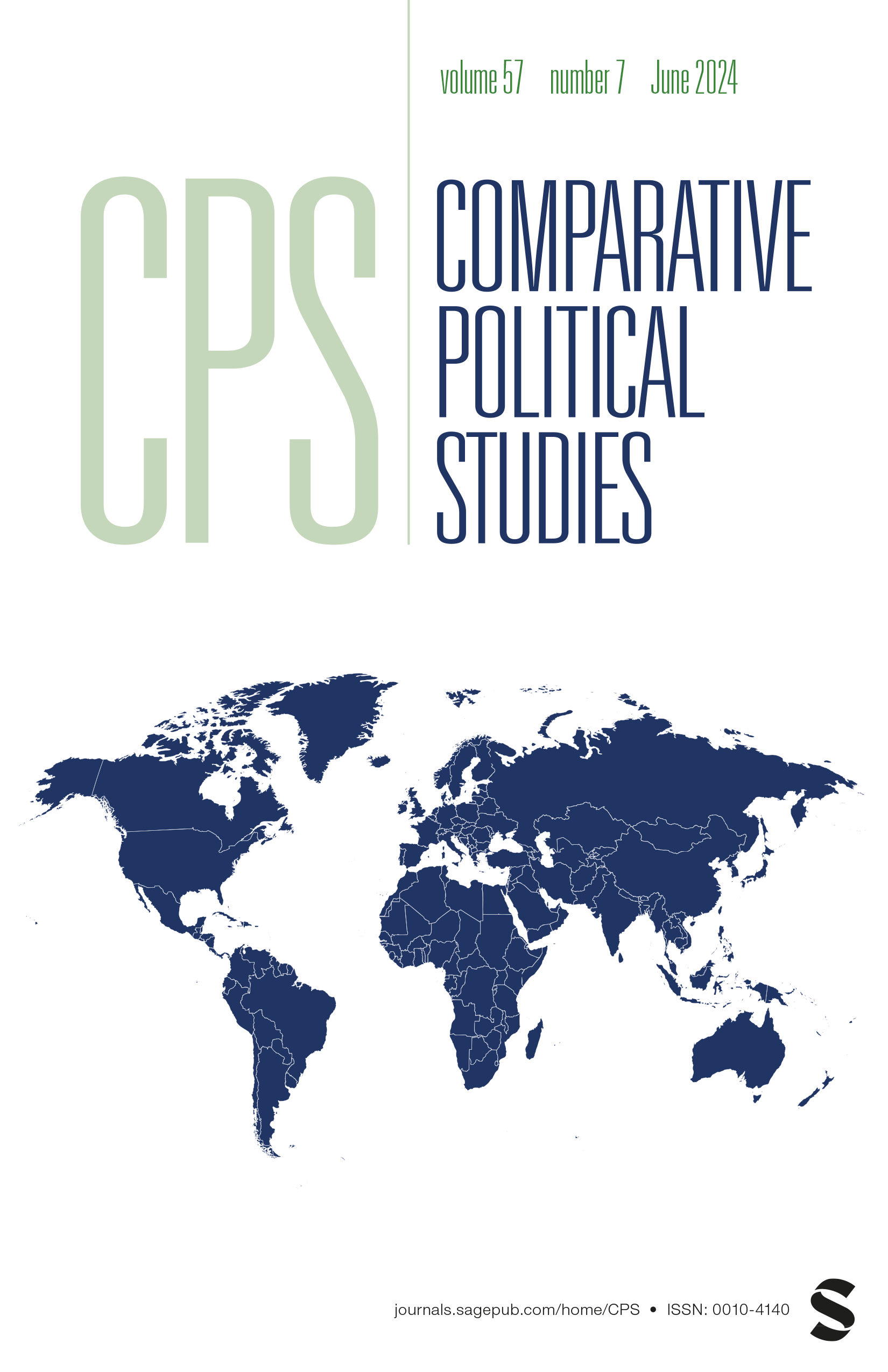对再分配的态度分歧:原因和欧洲各地的选举影响
IF 3.4
1区 社会学
Q1 POLITICAL SCIENCE
引用次数: 0
摘要
尽管欧洲各地对再分配的支持率仍然很高,但传统上认同这一议程的左翼政党的投票率一直不高。过去的研究通过基于阶级的对再分配优先事项的分歧和第二维度的态度来解释这一难题。然而,这些解释假设了选民对结构变化的一致偏好。相比之下,我认为部分困惑还在于对再分配政策的态度矛盾——同时存在负面和正面评价。利用横断面民意和政党立场数据,我发现这种矛盾心理随着政治复杂度的降低、价值冲突的加剧和经济需求的减弱而加剧。在选举方面,它加深了对再分配的支持和左翼自我认同之间的脱节,并增加了对更多经济和文化右翼政党的投票。这些模式独立于阶级差异和第二维度态度,并在早期数据中稳定复制。这些发现有助于对态度结构和投票模式进行持续的辩论,并阐明了经济进步政党面临的另一个挑战。本文章由计算机程序翻译,如有差异,请以英文原文为准。
Attitudinal Ambivalence on Redistribution: Causes and Electoral Implications Across Europe
While support for redistribution remains high across Europe, voting for left-wing parties, traditionally identified with this agenda, has been under par. Past research explains this puzzle by class-based disagreements about redistributive priorities and by second-dimension attitudes. These explanations, however, assume coherent voter preferences reacting to structural changes. By contrast, I argue that part of the puzzle also lies in attitudinal ambivalence—simultaneous negative and positive evaluations—regarding redistributive policy. Using cross-sectional public opinion and party position data, I find that such ambivalence increases with lower political sophistication, greater value conflict, and weaker economic need. Electorally, it deepens detachment between support for redistribution and left-wing self-identification and increases voting for more economically and culturally right-wing parties. These patterns hold independently of class differences and second-dimension attitudes and replicate stably in earlier data. The findings contribute to ongoing debates about attitude structures and voting patterns and illuminate an additional challenge for economically progressive parties.
求助全文
通过发布文献求助,成功后即可免费获取论文全文。
去求助
来源期刊

Comparative Political Studies
POLITICAL SCIENCE-
CiteScore
8.40
自引率
4.00%
发文量
69
期刊介绍:
Comparative Political Studies is a journal of social and political science which publishes scholarly work on comparative politics at both the cross-national and intra-national levels. We are particularly interested in articles which have an innovative theoretical argument and are based on sound and original empirical research. We also encourage submissions about comparative methodology, particularly when methodological arguments are closely linked with substantive issues in the field.
 求助内容:
求助内容: 应助结果提醒方式:
应助结果提醒方式:


